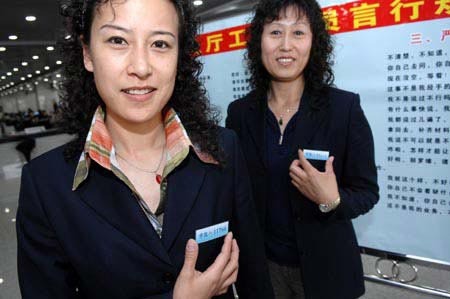I-2 Question: It took China 20 years to draft and review the Supervision Law before it was finally passed. Why did it take so long? What are the distinct characteristics of the law? Can it ensure that the administrative and judicial organs are subject to effective supervision?
A: The Supervision Law, also known as the Supervision Law of Standing Committees of People's Congresses at Various Levels, was first drafted in 1987. It was submitted to the top legislature for review in August 2002 and passed in August 2006. It took China 20 years to formulate the law because it bears on China's political system and state regime.
The system of the people's congress is the basic political system of China. The people's congresses, the governments, the courts and the procuratorates are all state organs. As far as China's state regime is concerned, the exercise of the supervision power has a great bearing on the relationship between the standing committees of people's congresses on one hand, and the governments, the courts and the procuratorates on the other. The standing committees of people's congresses should monitor the governments, the courts and the procuratorates but should not take their places to exercise administrative, judicial and procuratorial powers. How to appropriately handle their relationships is a question that the lawmakers had to consider when drafting the Supervision Law.
China now is in a crucial stage of reform and development. Enhanced supervision from the people's congresses and others is required as it continues to foster socialist political democracy, implement the rule of law, secure the people's interests and build a harmonious socialist society.
According to the Supervision Law, the governments, courts and procuratorates shall submit work reports to the standing committees of people's congresses at their respective levels, detailing the actions they have taken in response to the latter's reviews of their performance. When necessary, the standing committees of people's congresses may adopt a resolution regarding a specific work report. The supervision exercised by the standing committees of people's congresses over a specific matter shall be made known to the deputies to people's congresses and the general public, thus putting it under the supervision of the deputies to people's congresses and the whole society.

The Supervision Law came into effect as of January 1, 2007.
(China.org.cn)